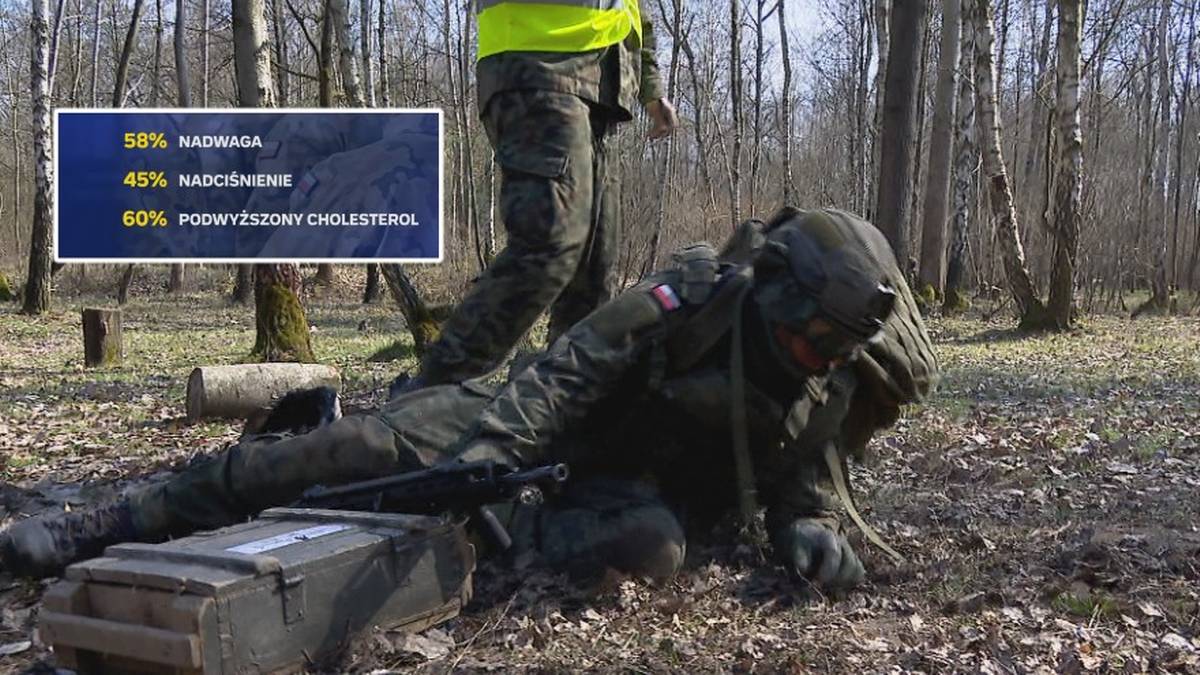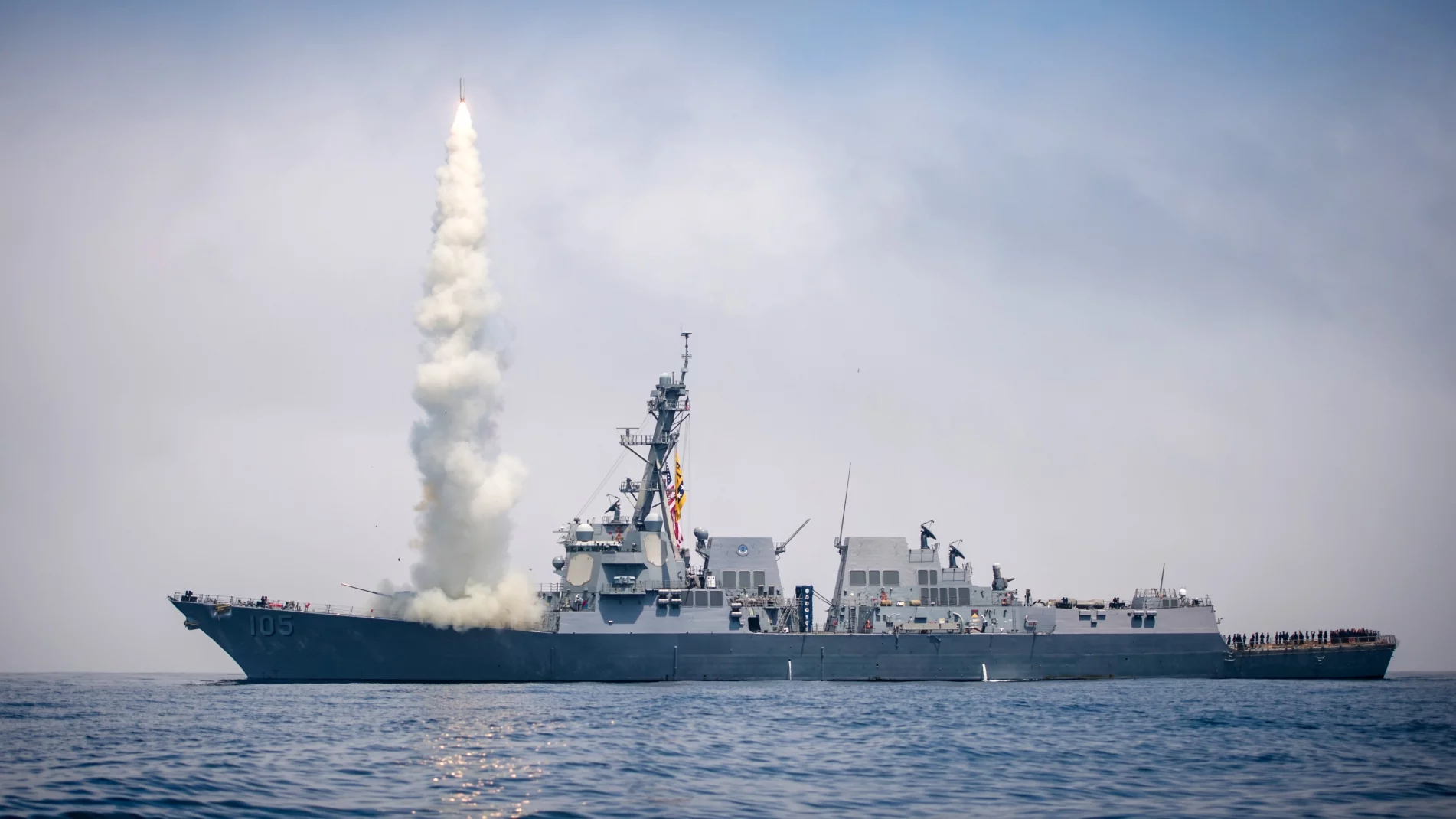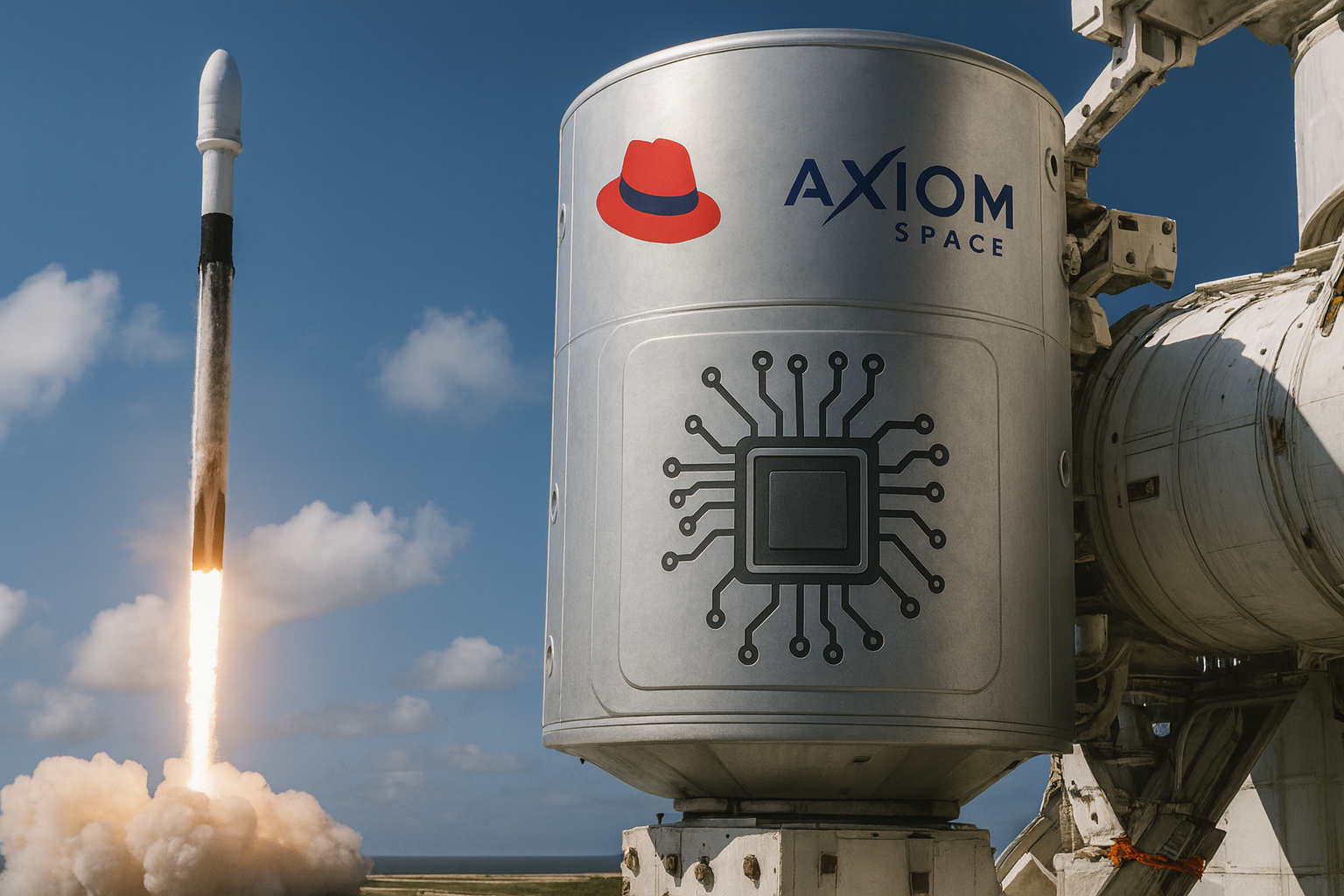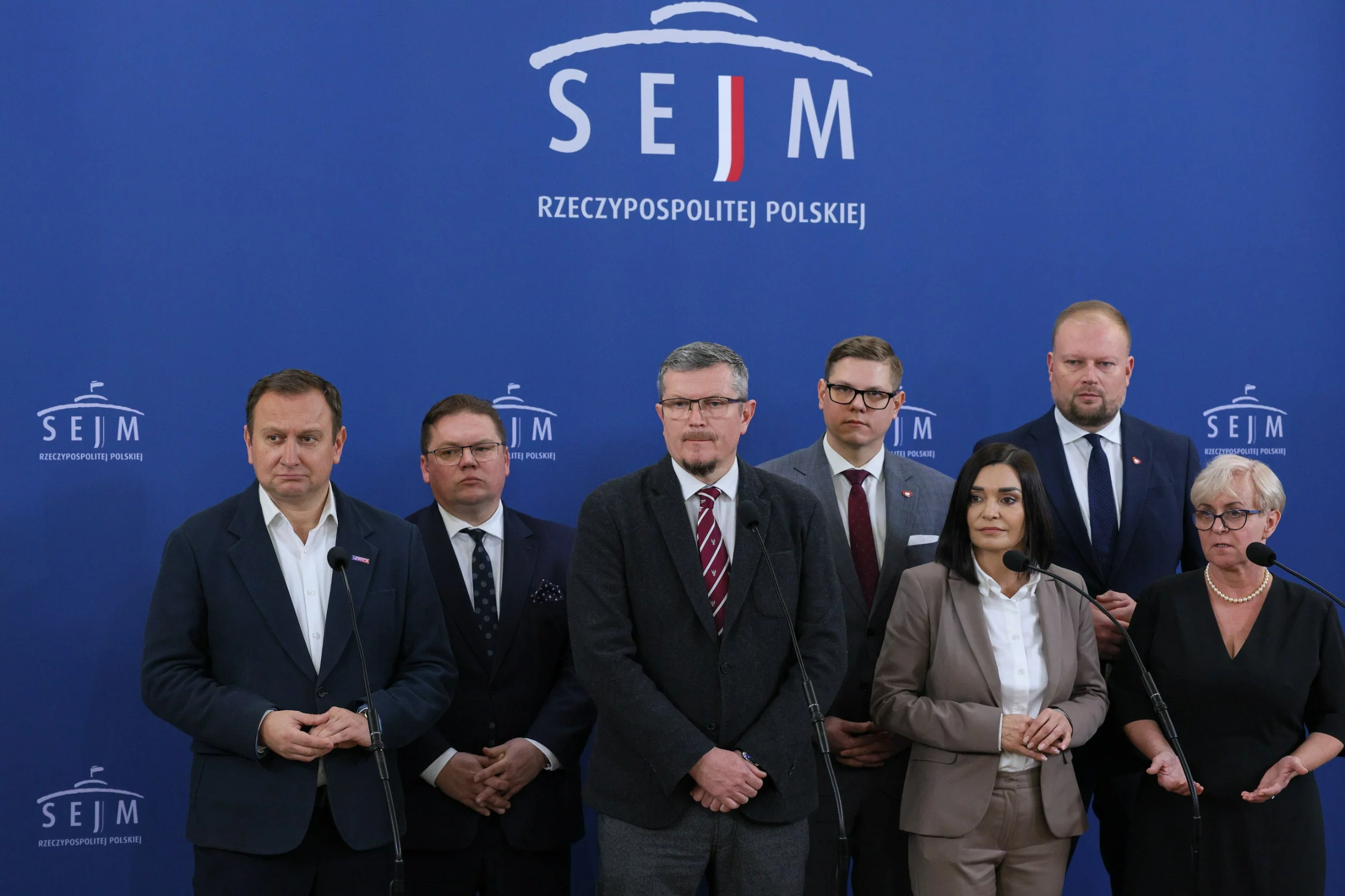Sir Keir Starmer has praised German plans to "strengthen" laws targeting small boat crossings to the UK by the end of this year. Speaking alongside German Chancellor Friedrich Merz, the Prime Minister said the proposals allowing small boats to be seized are a "clear sign that we mean business".
Berlin agreed last year to make facilitating the smuggling of migrants to the UK a criminal offence. This move will give law enforcement more powers to investigate the supply and storage of small boats used for Channel crossings.
German commitment welcomed by PM
In a meeting at Downing Street today, Sir Keir thanked Merz for his commitment to introduce legislation "by the end of the year" that would outlaw facilitating illegal migration to the UK, Number 10 said. Speaking on a visit to an Airbus plant in Stevenage, Sir Keir welcomed German commitments to tackling people-smuggling gangs.
He said: "I want to thank Friedrich for his leadership on this, pledging decisive action to strengthen German law this year so that small boats being stored or transported in Germany can be seized, disrupting the route to the UK. It's a clear sign that we mean business. We are coming after the criminal gangs in every way that we can."
Brexit arrangements hamper enforcement
Sir Keir said he has been "very concerned" about "engines" and "component parts of the boats that are being used are travelling through and being stored in Germany" but post-Brexit arrangements meant they could not be seized. Merz also said that he "deplore(s)" the UK's decision to leave the EU, as he and the Prime Minister visited the factory.
He added that "it is together that we respond to the major challenges of our time". Earlier on Thursday the pair signed a treaty that pledged to "reinforce Euro-Atlantic security", and could also free up school exchange visits and passport e-gates.
Kensington Treaty signed at V&A
The deal - to be known as the Kensington Treaty - was signed at the V&A museum in London, and was also signed by Foreign Secretary David Lammy and his German counterpart Johann Wadephul. Sir Keir described it as "evidence of the closeness of our relationship as it stands today" as well as a "statement of intent, a statement of our ambition to work ever more closely together".
The document details the UK and German agreement to "reinforce Euro-Atlantic security and ensure effective deterrence against potential aggressors" through their defence forces, as well as looking to improving defence cooperation in the future. It also reaffirms support for Nato and Nato allies.
Passport gates and rail links
As part of Thursday's deal, Berlin has agreed to allow some arriving UK passengers to use passport e-gates. The move will initially be available for frequent travellers and is due to be in place by the end of August.
The treaty also includes the UK and Germany agreeing to establish a taskforce aimed at paving the way for direct train services between the countries. It is hoped services could begin within the next decade. It also says that the two nations "value bilateral school and youth exchanges" and will "facilitate" them.
Three-nation convergence on policy
The visit from Merz comes a week after French President Emmanuel Macron was hosted on a state visit, and the German chancellor said that the three nations are "converging" in their stance on policy matters including migration and security. "This dynamic is never exclusive in nature," he added. "We're always bearing in mind Poland, Italy and the other also smaller European partners in whatever decision we take."
He later said that the so-called E3 countries want to "drastically reduce illegal migration in Europe". The visit is Merz's first official trip to the UK since he became chancellor in May this year.
(PA) Note: This article has been edited with the help of Artificial Intelligence.









